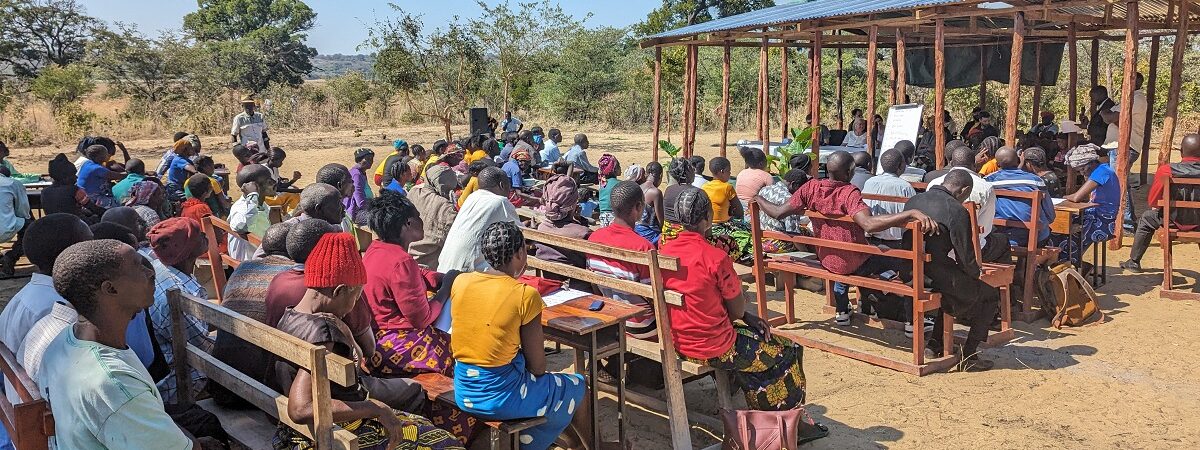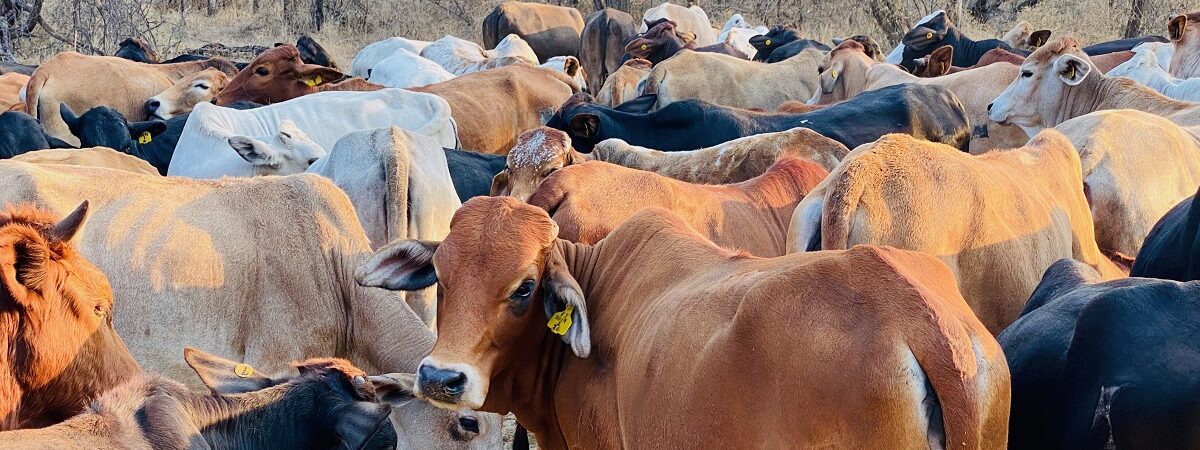
Mafisa
Model & Strategy
Mafisa improves the livelihoods of traditional cattle farming communities in Zambia by integrating community-based animal health services, regenerative rangeland management, and market access, leveraging carbon offsets to finance sustainable development and climate resilience. To date, Mafisa has reached more than 10,000 farmers, and they are on track to achieve their goal of increasing farmer incomes by five to six times the baseline after seven years of participation.
The Problem
Historically, traditional cattle farming has been central to the livelihoods of communities in southwestern Zambia, a region marked by its marginalized and environmentally fragile conditions. For generations, cattle have been a measure of wealth and a primary source of income, yet the sector has struggled with profound challenges. High animal mortality rates have long plagued these communities, with data indicating that over 50% of animals die before they reach market. This historical issue is compounded by limited access to either public or private veterinary services, which are crucial for maintaining healthy livestock but remain scarce and under-resourced in these rural areas.
These challenges persist today, exacerbated by environmental degradation and the impacts of climate change. Erratic rainfall patterns have disrupted traditional grazing practices, leading to overgrazed or underutilized land, further straining the already fragile ecosystems. The situation is dire; by report, only 36% of cattle make it to market, while more than 50% of animals will die due to poor health conditions before being sold. This not only reduces household incomes but also threatens food security in communities where 90% of the population lives below the poverty line. To date, Mafisa has reached more than 10,000 farmers, and they are on track to achieve their goal of increasing farmer incomes by five to six times the baseline after seven years of participation.
The Solution
Mafisa’s holistic model addresses the multifaceted challenges faced by traditional cattle farming communities in southwestern Zambia and is deeply rooted in sustainability, community empowerment, and economic resilience. Their integrated solution bridges the gap between economic opportunity and environmental stewardship. Central to Mafisa’s model is the training of Community Livestock Auxiliary Workers (CLAWs), who provide essential veterinary services directly to farmers. These local workers reduce the high mortality rates among cattle, improve herd health, and empower communities with skills and employment opportunities — fostering a sense of ownership and sustainability within the community.
Mafisa’s comprehensive solution also focuses on sustainable rangeland management to combat environmental degradation caused by overgrazing. By promoting rotational grazing, controlling wildfires, and rehabilitating degraded land, Mafisa improves grazing quality, supports carbon sequestration, and generates carbon offsets for financial sustainability. Additionally, their solution connects farmers to formal markets, improving access to market infrastructure, better prices, and transportation networks. Their model also incorporates gender-sensitive programs that empower women and youth, offering alternative sustainable livelihoods for people who do not own cattle. Together, these efforts create a resilient agricultural ecosystem that boosts economic stability, tackles climate change, and ensures long-term community development.
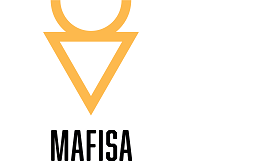
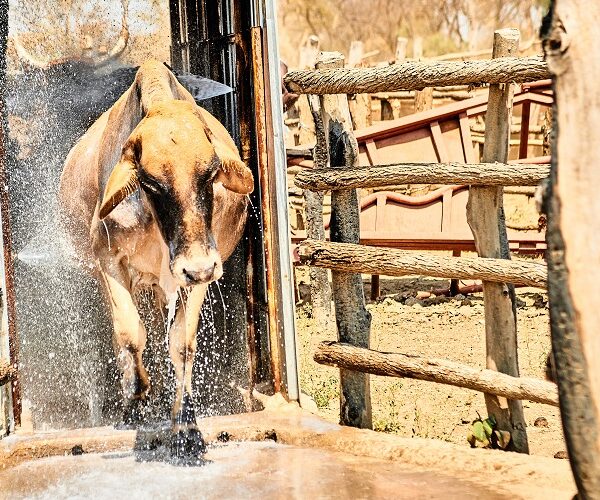
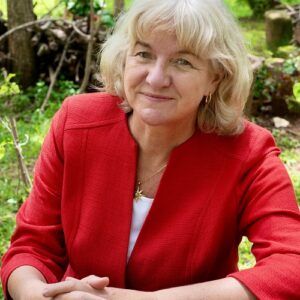
Charlotte has worked for the Zambian government, UNICEF, and various development organizations, notably playing a leading role in establishing Zambia’s Social Cash Transfer Scheme. Internationally, she served as UNICEF’s chief of social and economic policy in West and Central Africa and authored the Global Thematic Report on Inequality, which guided the adoption of Sustainable Development Goal 10. Charlotte holds a PhD focused on the drivers of chronic poverty in rural Zambia. Charlotte was named a Mulago fellow in 2021, and she is a Zambian citizen.

Impact
Active regenerative rangeland management of the current project area of 1 million hectares of land will help restore biodiversity and grassland cover, with 150,000 hectares already under management.
By 2027, Mafisa plans to reach over 100,000 people benefiting indirectly from improved community services and economic opportunities.

